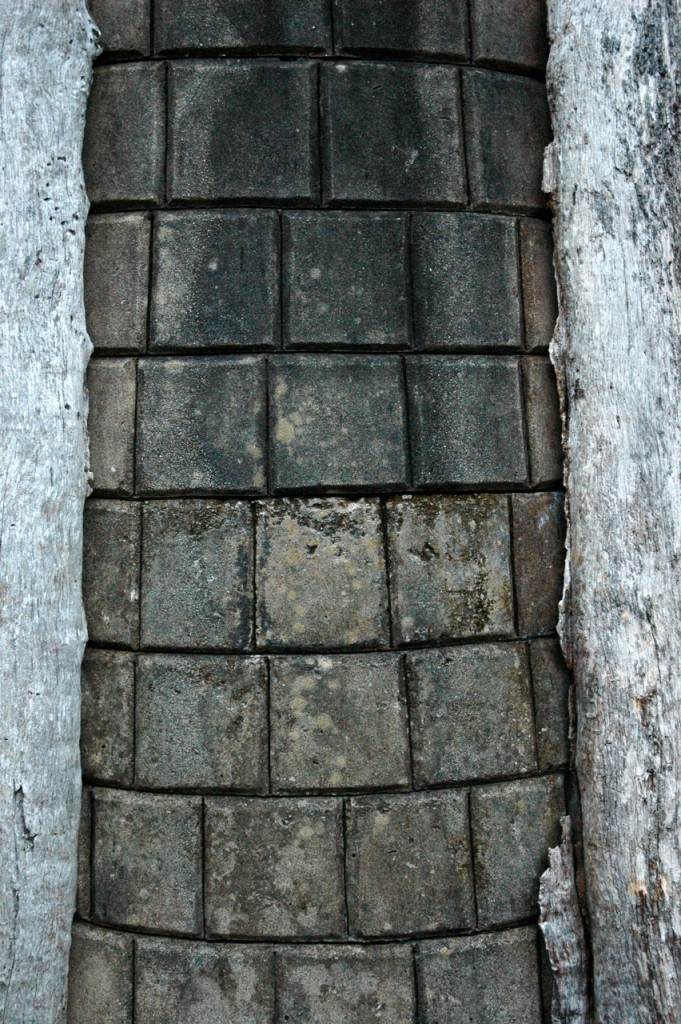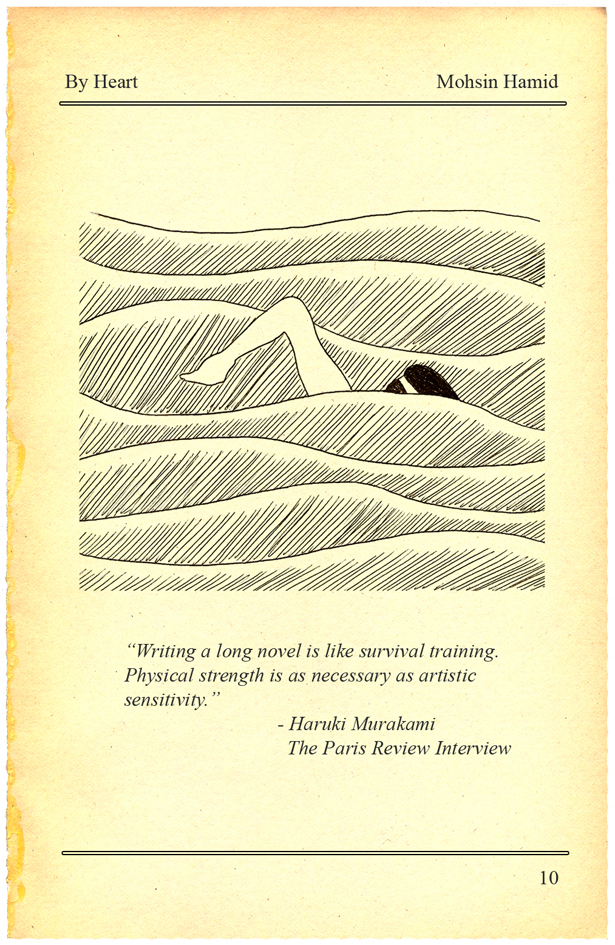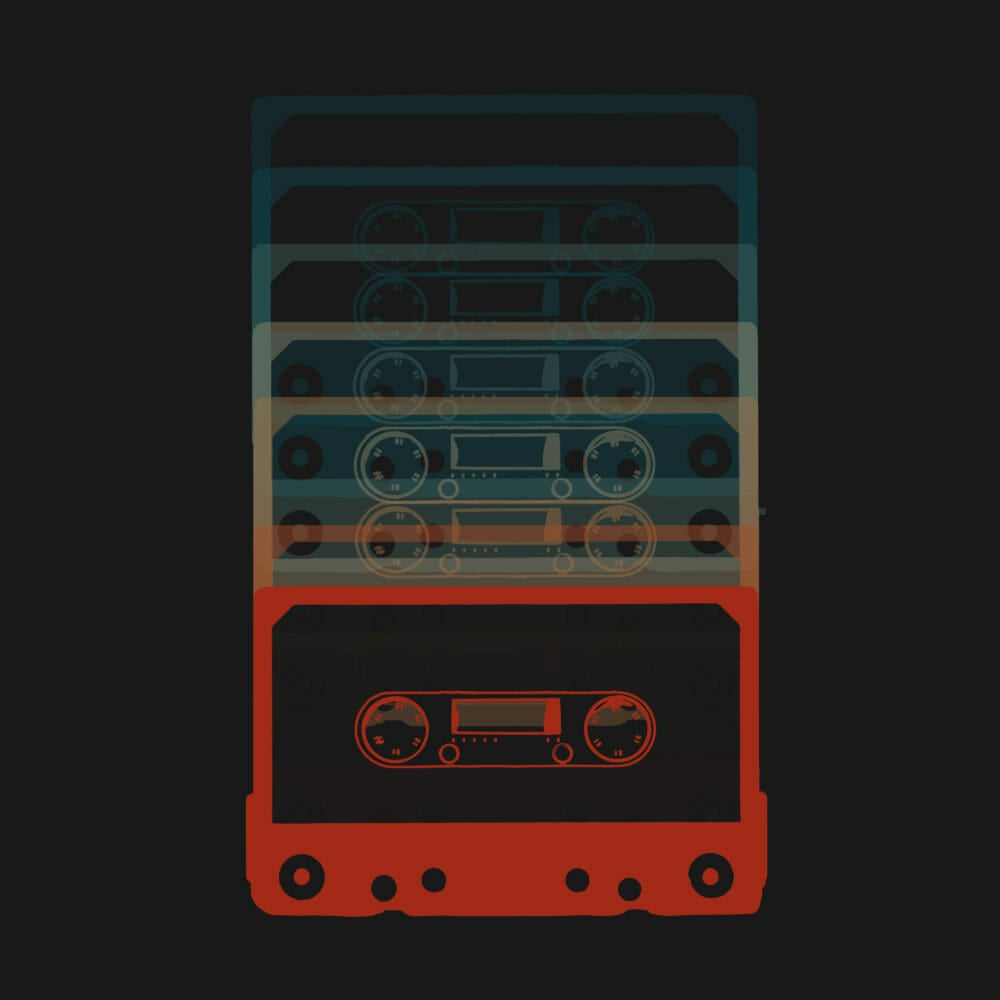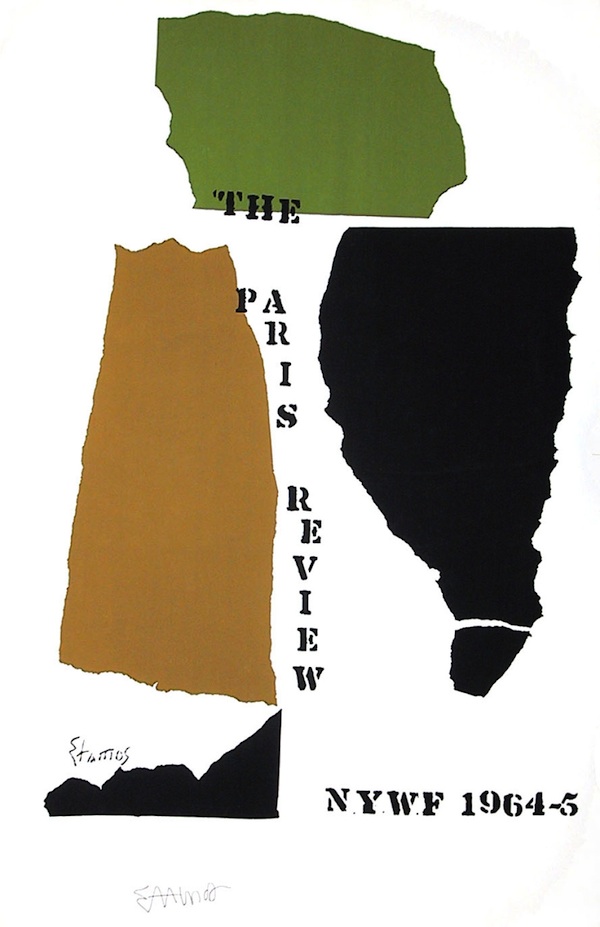"You've got unlimited time and Jin Seoresources, you can build anything in the world you want with your compression -- anything at all, what's it gonna be... 3... 2... 1... go!" shouts billionaire douchebag Russ Hanneman in Silicon Valley's Season 4 premiere.
"A new internet" stutters Richard Hendricks, the show'sbumbling, but lovable nerd protagonist. LOL, what?
SEE ALSO: Tim Cook once scolded Uber's Travis Kalanick into submission"We put a man on the moon using the computing power of a handheld calculator," Richard continues. "There’s literally millions of times more computing power in my phone, and that's just sitting in my pocket doing nothing. So then I thought there's, what, billions of phones all over the world with the same computing power just sitting in peoples' pockets."
"And then I thought, what if we use all those phones to build a massive network? We use my compression algorithm to make everything small, efficient, move things around. And if we could do it, we could build a completely decentralized version of our current internet with no firewalls, no tolls, no government regulation, no spying. Information would be totally free in every sense of the word."
It's a seemingly insane idea that Russ not only loves and says he'd consider funding, but also divides Richard's data compression startup Pied Piper, ultimately forcing him to quit so he can figure out how to make the "new internet" a reality.
"I don't know if it's possible," Richard admits. "I haven't really thought this through."
That's exactly what fans who watched the episode have been wondering. Is Richard's "new internet" even possible, or just TV nonsense?
Today, the internet is a mixture of decentralized and centralized networks. Anyone can go create a decentralized peer-to-peer network that connects directly between devices, like BitTorrent. Similarly, anybody can go out and create a centralized network and pass data through a server, like most big online services such as Google, Facebook, or Twitter.
The benefits of an encrypted decentralized network are obvious: security and privacy. Because of the way data is stored and moved around on decentralized networks, no online service can pry into your data without your knowing and no government can do so either.
There are several ways Richard could theoretically go about building this "new internet." The first is with a mesh network.
It's a network comprised of any number of devices or nodes, and data is passed between the nodes. Firechat is a perfect example of a service that uses a mesh network, connecting phones to other phones via Bluetooth.
In fact, some intrepid reddit users who analyzed the scribbles on Richard's whiteboard in the preview video for the next episode have seemingly found clues that suggest he's at least considering mesh networking.
The downside to using a mesh network and relying on a wireless protocol like Bluetooth is, of course, lower range and slower data speeds. Your connection to another device depends on your device's Bluetooth spec. You can get around this with "relays" in between you and the device you want to connect to, but that's assuming there are middlemen devices to pass data through to begin with.
On the flip side, while Bluetooth 4.0 only has a range of 200 feet, new devices with Bluetooth 5.0 have a range of up to 800 feet. Moreover, Bluetooth 5.0 doubles the amount of data speed from 4.0's 25Mbps to 50Mbps. It's no Gigabit Wi-Fi or LTE, but hey, privacy and security over speed, right? That said, Richard's super awesome compression algorithm, which would "make everything small, efficient," would be the special sauce to make a mesh network internet possible.
Another way Richard could go about his grand plan would be with a peer-to-peer (P2P) network like Maidsafe's SAFE Network or Storj. Though the latter is only for decentralized file storage, I can't see how someone as code-savvy as Richard wouldn't be able to tweak the infrastructure to make it more like the former.
The SAFE Network, which bills itself as "the new decentralized internet" (heh), actually promises much of what Richard's idea does, except instead of using the unused computing power from connected smartphones, it does so from PCs.
According to the company, users create an account without needing to identify themselves and then choose how much space to allocate to the network. Maidsafe then pays out "Safecoins" (its own cryptocurrency with real market value) as you contribute more storage space into a "vault," further incentivizing users to join the network.
Before you upload a file, it's encrypted, then broken up into smaller data packets and spread across the network. Data is stored with redundancy and files are autonomously moved across the network as computers are turned on.
In a nutshell, all of the "new internet's" data is stored in fragmented, encrypted pieces on all of the devices on the network. When you need to access your data, you'll simply download the rest of the pieces from another device. It's basically BitTorrent but for everything.
The SAFE Network's only in alpha testing right now, but it's inching closer towards a public release. And while it's only for Windows/Mac/Linux, the company has plans for mobile in the future. Speaking to TechCrunchlast year, Maidsafe founder David Irvine said the vault, which is a core feature, "wouldn't be good enough for people to just run from a mobile phone." Additionally, tapping into a phone's unused processing power would be a major battery suck; it'd need to be plugged into an outlet or connected to a battery pack most of the time to be useful.
Alternatively, the InterPlanetary File System (IPFS) P2P protocol could also be used to create a new decentralized internet that replaces HTTP. This story from Motherboard back in 2015 does an excellent job extolling the advantages of IPFS; for example, videos would download faster resulting in increased bandwidth savings and sites wouldn't vanish forever like they did when Yahoo! pulled the plug on every GeoCities website.
The technology to make a new internet is already here, and up and running. There are still technological hurdles to overcome to make it all happen on phones, but it wouldn't be impossible. The bigger question is, how many people would join a new internet?
Topics HBO
 Imagine Dragons
Imagine Dragons
 W. Eugene Smith’s Forgotten Coast
W. Eugene Smith’s Forgotten Coast
 Fitness for Writers, and Other News by Sadie Stein
Fitness for Writers, and Other News by Sadie Stein
 See a Paris Review Interview: Live! by Sadie Stein
See a Paris Review Interview: Live! by Sadie Stein
 Between Oligarchy and Democracy
Between Oligarchy and Democracy
 'Quordle' today: See each 'Quordle' answer and hints for June 16
'Quordle' today: See each 'Quordle' answer and hints for June 16
 Crusoe in California by Sophie Pinkham
Crusoe in California by Sophie Pinkham
 March 5, 1815 by Sadie Stein
March 5, 1815 by Sadie Stein
 Go Tell it in the Mountain State
Go Tell it in the Mountain State
 Dating the Iliad, and Other News by Sadie Stein
Dating the Iliad, and Other News by Sadie Stein
 Yet another stellar week in hell.
Yet another stellar week in hell.
 A Week in Culture: Claire Cottrell, Art Book Shop Owner and Editor by Claire Cottrell
A Week in Culture: Claire Cottrell, Art Book Shop Owner and Editor by Claire Cottrell
 March 5, 1815 by Sadie Stein
March 5, 1815 by Sadie Stein
 Theodoros Stamos, Untitled, 1965 by The Paris Review
Theodoros Stamos, Untitled, 1965 by The Paris Review
 What a dogshit week.
What a dogshit week.
 Introducing Our Sixtieth
Introducing Our Sixtieth
 Dating the Iliad, and Other News by Sadie Stein
Dating the Iliad, and Other News by Sadie Stein
 PlayStation takes over London's Underground signs with iconic shapes
PlayStation takes over London's Underground signs with iconic shapes
 Hang-Ups
Hang-Ups
 What Dr. Anthony Fauci is doing for Thanksgiving
What Dr. Anthony Fauci is doing for Thanksgiving
Instagram's 'On This Day' notifications are jarring during coronavirusI am having a great time at Fyre Festival and I don't get why everyone is upsetGuns are banned from Trump's NRA speech and people can't help but notice the irony10 iconic movie sweaters, ranked by how cozy they actually look17 glorious GIFs to help you celebrate #EdBallsDay in style'Wootube' is the hit YouTube channel that's making math hella fun again'Tiger King' Season 2? Producers say more of Netflix docuseries could be on wayHugely popular influencer marketing platform Heartbeat expands to TikTokAs coronavirus spreads, yet another company brags about tracking you'The Magicians' series finale thanked its loyal audience with giftsGet your Disney theme park fix with these virtual roller coaster ridesGoogle releases anonymous location data to show how we're fighting coronavirusThe movies and TV shows we've cried overQuiz: Is this a real headline or a satirical one from Trump's 100 days?Get your Disney theme park fix with these virtual roller coaster ridesGuns are banned from Trump's NRA speech and people can't help but notice the irony'Wootube' is the hit YouTube channel that's making math hella fun againQuiz: Is this a real headline or a satirical one from Trump's 100 days?'Wootube' is the hit YouTube channel that's making math hella fun againMoto G Power, with massive battery for only $249, is available for preorder I waited in the snow for several hours to buy stuff with Kylie Jenner's face on it QuickBooks Self Lady Gaga posts Instagram recovering from fan dropping her off a stage Striking taxi driver trolls news report with a very rude fake name Elon Musk says monster Tesla seen on racetrack will go into production by summer 2020 My response to the nastiest OKCupid message I've ever received A handy reference guide to Donald Trump's terrible handshakes Barack and Michelle Obama's Valentine's tweets will melt your heart Robert Pattinson Batman movie adds Paul Dano as The Riddler Chris Pratt may have a cameo in 'A Quiet Place 2' for a very good reason Volvo's first all 'The Simpsons' parodied 'Stranger Things' and of course Lisa was Eleven Crowdsourced traffic is available for more Google Maps users I can barely explain this e HBO's 'Watchmen' is off to a brilliant start: Review Report says new AirPods Pro could launch this month—and be very expensive Piers Morgan simply does not realize J.K. Rowling masterfully subtweeted him Samsung Galaxy S10 bug lets any fingerprint unlock it Google Pixel 4's face unlock will get more secure but not straight away Lyft's 'trending destinations' suggests popular locations to riders
1.8561s , 8222.9375 kb
Copyright © 2025 Powered by 【Jin Seo】,Unobstructed Information Network